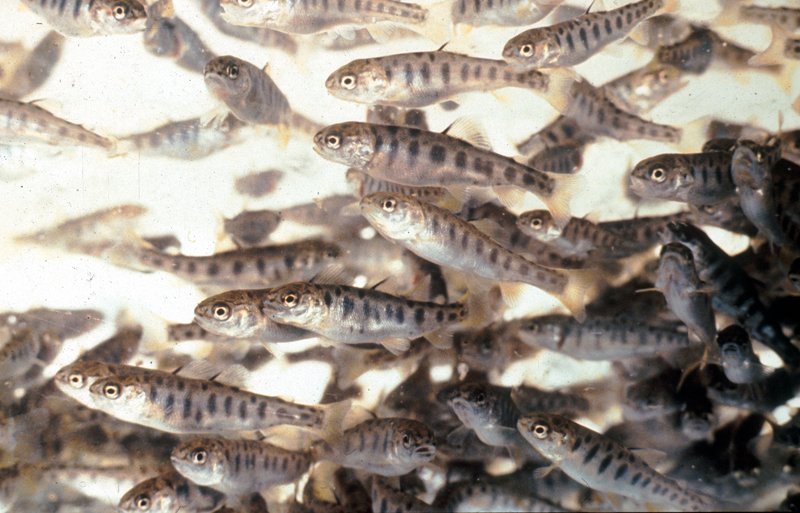Fishing at the Ruhrverband reservoirs
To ensure the water supply to the Ruhr Region, the Ruhrverband operates dams and reservoirs in the Sauerland and Bergisches Land areas with a total surface space of more than 2,700 hectares. As a result, based on the criteria of the State Fisheries Act (Landesfischereigesetz), the Ruhrverband is the largest owner of stagnant waters in the German State of North Rhine Westphalia. Ownership rights include the fishery rights for the reservoirs, which, in accordance with the State Fisheries Act, oblige the owner to ensure adequate fish population and species diversity in line with the size and characteristics of the waterbody.
Commercial fishing at the reservoirs follows the requirements of hydro-ecological and biological fishing. The aim is to create and maintain a diverse and healthy fish population ideally adapted to the reservoirs’ biosphere, including not only "commercial fish", but also small fish species, crustaceans and bivalves. Given the size and nature of the reservoirs, a restriction of fishing activities to recreational fishing only would inadvertedly lead to erroneous trends in the development of fish populations. Therefore, fish populations are assessed, managed and maintained by professional fishermen of the Ruhrverband, using gillnets, fish traps, drag nets, trawl nets and electric fishing methods. The fishermen closely cooperate with other Ruhrverband departments such as Reservoir Management and the Laboratory. They use scientific fishery methods for analysing populations, maintaining close contact with the relevant institutes and academic research establishments. In addition to direct fish population protection measures, stream restoration and the creation of spawning and young fish habitats help to optimise natural fish habitats.
In addition, the Ruhrverband promotes recreational fishing at its reservoirs. Thanks to the diverse fish population and the good surrounding conditions, the fishing grounds are renowned well beyond the boundaries of the Sauerland area.









